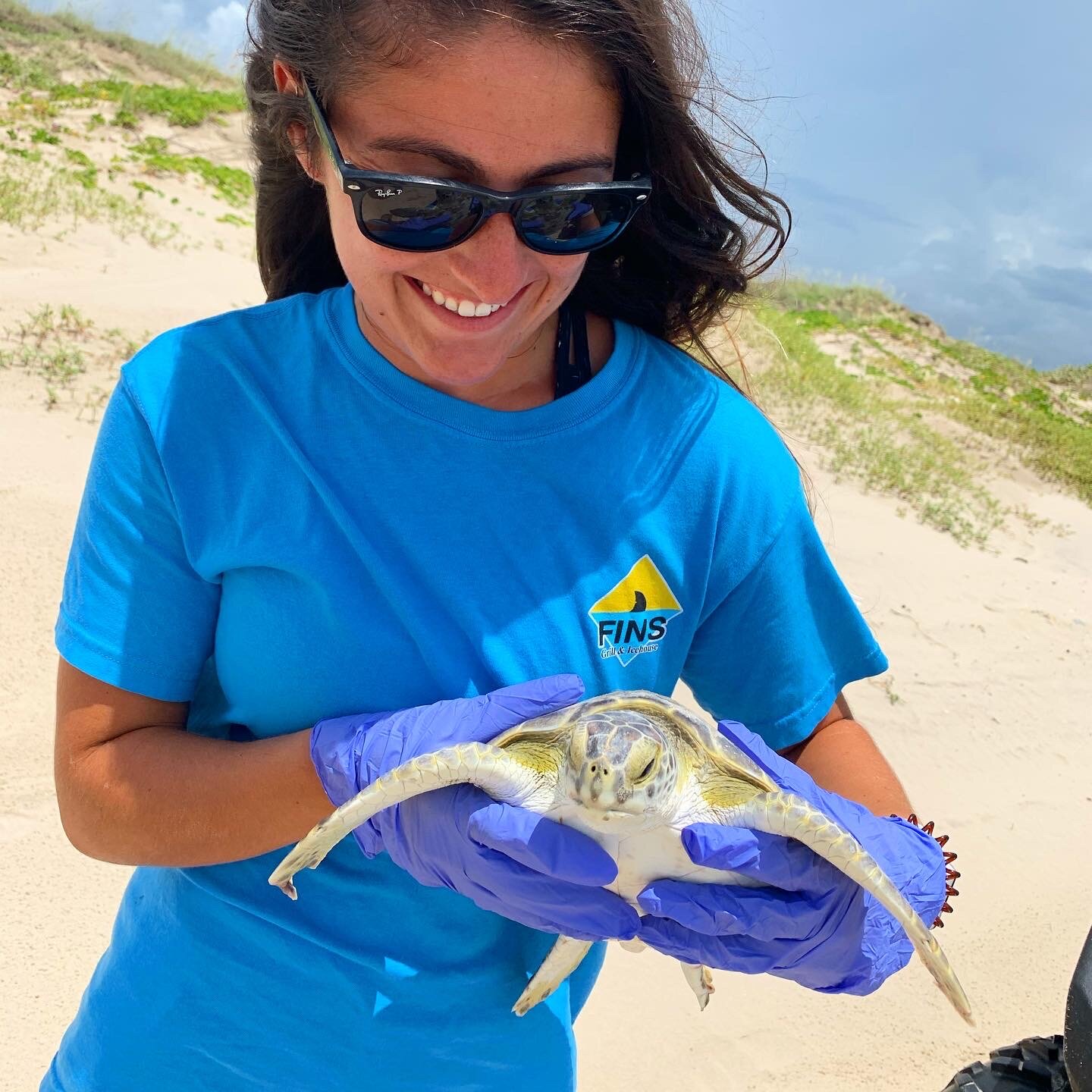Some Need Straws
By Farrah Leone
I am someone who holds sea turtles very close to my heart. As a kid and beyond an age way too old for this, I brought my stuffed turtle everywhere (his name is Turtle and yes he’s in my room as I’m writing). At the age of 12, I was on vacation and asked to assist in an emergency wild sea turtle nest removal mission. That day was the a catalyst of my career and my life to protecting nature as a field biologist.
I almost cried the first time I held a sea turtle. I recently spent 2 weeks in a foreign country, with 3 walls, no AC, and at times slept outside with panthers and crocodiles to monitor their nesting habits. I left my home during the pandemic and travelled across the US to work under the National Park Service as a Kemp’s Ridley Biotech. So yeah, I love sea turtles.
But I can’t be fully on board with the straw ban.
Not because the paper straws are flimsy. If that’s your biggest issue, you’ve got it pretty good. But because I learned there are groups of people that cannot drink without one.
A lot of my information comes from the Center for Disability Rights, specifically “Grasping at Straws: The Ableism of the Straw Ban” written by Erin Vallely. You should definitely give it a read, but I summarized it below:
Some people with disabilities have mobility and strength issues that cannot physically lift a cup to their mouths to drink. Or if they can lift their cup, they can spill due to poor motor condition.
So by this point, I thought, “why not reusable?” I learned that is not totally feasible either. To prevent illness, the individual and their caretakers must make sure that the straws are sanitized every single time. And what happens when they forget a straw? Now they aren’t allowed to have water? People have forgotten way more important things than washing their dishes and bringing a straw to the store.
Not only is forgetting a problem (which we all do) but the materials reusable straws are made of (metal, bamboo, glass, acrylic, etc.) can cause injury for people who have “tremors, spastic episodes, and temperature sensitivity conditions”. Where as the trend towards paper and pasta straws lead to the risk of choking as they degrade with use. Vallely also informs the reader that compostable or other natural made materials could increase allergic reactions.
Her final argument is that these reusable and compostable straws are cost prohibitive.
MY TAKE: Let’s make it work, together!
I can say, as a former ignorant straw person, people do not want to shame people with disabilities for needing a straw. A lot of people don’t know the necessity. But that doesn’t mean the environmental community and disabled community with can’t come to a solution that appeases both sides.
But I can comment and say that not all alternative straws are cost prohibitive. I bought metal straws from Marshall’s for $4.99. Also, there are metal straws that come with a rubber top to prevent injuries to the mouth, provide flexibility, and sensitivity to cold: I have them! I’m not sure if those are totally appropriate for all conditions, but I’m trying to provide possible answers and not just problems.
What if we made cup tops with the straw portion built in? So that the entire apparatus is bigger and there is a smaller chance of a turtle getting it stuck in its nose?
What if we kept them to the side and if someone asks, then they receive it. Or what if we found some kind of recycling program for plastic straws specifically? I know plastic straws don’t make up a lot of pollution in our oceans, but I am a firm believer in the cliche “a little goes a long way”.
This is a problem when it comes to environmental activism sometimes. We get so swept up in doing good that we have blinders on to the impact it might have on other people. I definitely had those blinders on for a long time simply because I didn’t even know the issue existed. That’s why conversations like these are so important to have. If you can take your personal step and reduce your plastic use than Kudos! Please do it. But everyone fights different battles.
I have limited experience with people who need straws. If anyone has any comments or would like to brain storm a solution, please feel free to reach out! We do best when we work together.


